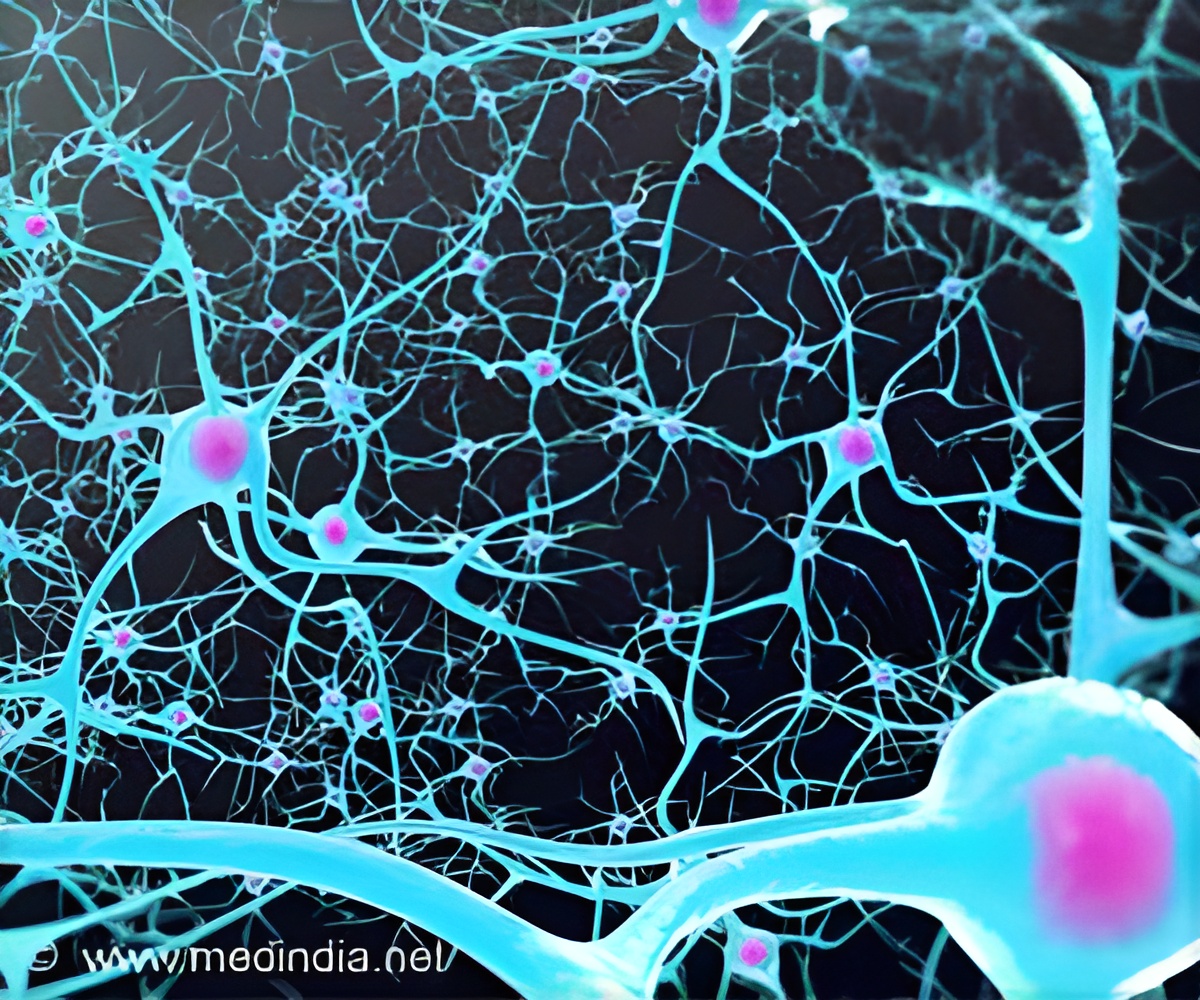Blood-brain barrier leak in a healthy ageing individual may lead to the development of early stages of Alzheimer's disease.

‘Healthy ageing individuals exhibit a very small leak in their blood-brain barrier that is associated with normal ageing phenomena of forgetfulness. But it’s noted that this leak may also lead to the early stages of Alzheimer's disease, as the pumps in the blood-brain barrier work less efficiently in clearing away the plaques of Alzheimer's disease.
’





"It turns out very little is known how the blood-brain barrier ages. It's often hard to tell normal ageing from early disease", says lead author William Banks, a gerontology researcher at the University of Washington School of Medicine, and a researcher with the Geriatrics Research Education and Clinical Center at the Veterans Affairs Puget Sound Health Care System. The blood-brain barrier is also responsible for transporting informational molecules from the blood to the brain and pumps toxins out of the brain. A malfunctioning blood-brain barrier can contribute to diseases such as multiple sclerosis, diabetes, and even Alzheimer's disease.
Thus the researchers at the University Of Washington School Of Medicine/Uw Medicine reviewed 150 articles to look at what happens to the blood-brain barrier as we age, published in the journal Nature Aging.
The Blood-Brain Barrier Health in Memory Loss
The review reports that healthy ageing individuals have a very small leak in their blood-brain barrier, which is associated with the benign forgetfulness of ageing. However the association of this BBB leak with the difficulties in recalling at the early stages of Alzheimer's disease remains unknown.
Advertisement
The ApoE4 allele contributes to the strongest genetic risk of Alzheimer's risk. The presence of this gene in a person is also said to drive the acceleration of most of the blood-brain barrier age-related changes.
Advertisement
It is observed that with healthy ageing, the pumps in the blood-brain barrier work less efficiently in getting rid of the amyloid-beta peptide and is even less efficient in people with Alzheimer's disease.
The team also found that two cells in the blood-brain barrier – pericytes and astrocytes begin to exhibit changes. Thus the leak in the blood-brain barrier that occurs with Alzheimer's may be due to an age-related loss of pericytes. Astrocytes, by contrast, seem to be overactive.
Also, the study suggests that preserving pericyte function by giving the factors that they secrete or transplanting them or employing interventions (that extend lifespan), such as regular exercise, caloric restriction, and rapamycin, could lead to a healthier blood-brain barrier.
These findings suggest the role of a healthier blood-brain barrier in maintaining the brain’s memory tasks and also overall functioning.
Source-Medindia









